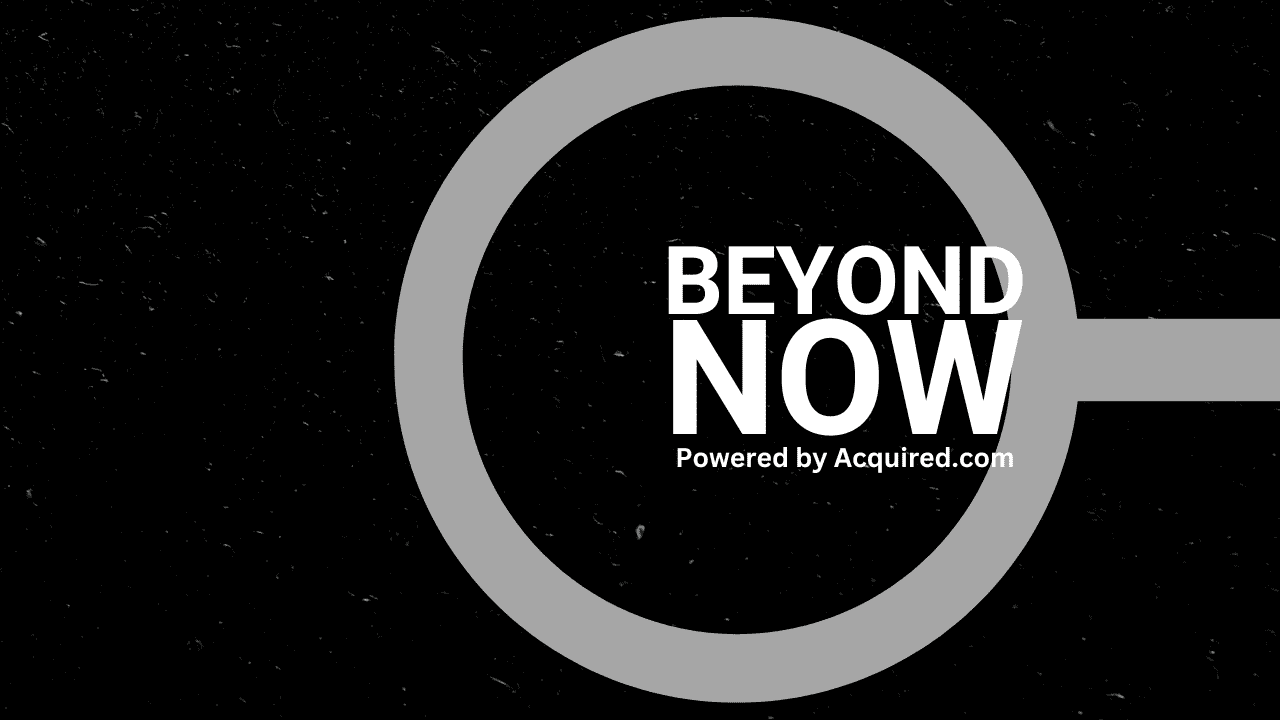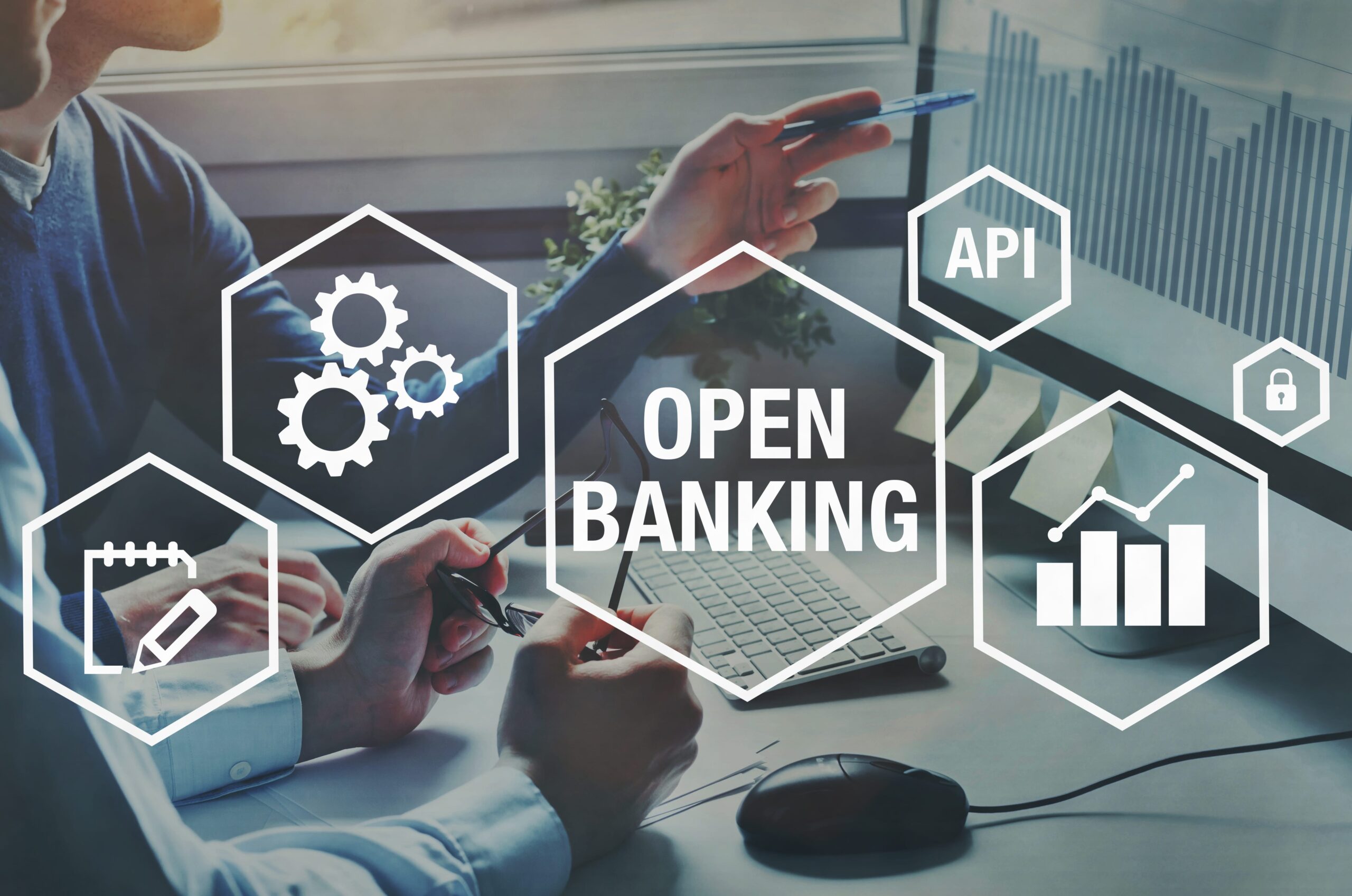The payment process involves various steps and parties, which can be difficult to understand. On top of this, there are lots of terms used in the world of payments that don’t actually have an ‘official’ or legal definition, so you might see other providers, regulators, or experts using different terms to Acquired.com. You can take a look at our payments glossary for more information.
In this article, the team at Acquired.com will break down payment processing to help you understand what a payment gateway is, how it works and where it sits in the payments chain.
Get in touch with the Acquired.com team to chat through this in more depth or read on to discover:
- What is a payment gateway?
- How do online payment gateways work?
- What is an acquirer?
- What is a payment processor?
- How much do payment gateways cost?
- How to select the right payment gateway for your business
What Is a Payment Gateway?
A payment gateway is a service used by businesses to collect, encrypt and transmit customer payment data. Commonly termed a “bridge” or “pipe”, a payment gateway sits between the business’s checkout and the business’s acquiring bank (for card processing) or other payment method providers (e.g. e-wallets or BNPL – Buy Now Pay Later).
The key functions of a gateway do vary by provider but as standard, for a card transaction, they:
- Validate the customer’s credit card or debit card details entered at checkout
- Securely pass the payment data to the business’s acquiring bank
- Inform the business whether the payment has been authorised
- Administer reporting and support manual processing of refunds
How Do Online Payment Gateways Work?
Here’s an example of how payment gateway providers work as part of an online card transaction:
- Encryption at checkout: When a customer makes an online payment, they provide their credit or debit card details at the online checkout. The payment gateway encrypts this sensitive payment data, ensuring its security.
- Authorisation: The payment gateway sends the encrypted data to the acquirer. Using the acquirer’s payment processing technology, the transaction information is passed through to the relevant card scheme (e.g Mastercard, Visa) and on to the customer’s issuing bank to request authorisation. This request seeks approval for the transaction by checking the customer account is valid and has sufficient funds.
- Response handling: If the customer’s issuing bank declines the transaction, the merchant can ask the customer to pay via an alternative payment method supported by the payment gateway. If the payment is approved by the customer’s issuing bank, the gateway calls a settlement request (capture) which is passed down the payment chain as before, instructing the issuer to settle the transaction.
- Settlement of funds: At this point the funds will be visible in the business’s merchant account held by the acquirer. The acquirer receives the funds from the issuer, for said transaction, usually overnight. The merchant will receive the funds for the settled transaction from the acquirer in their business bank account, as per the agreed settlement times between the two parties.
What Is an Acquirer?
An acquirer or acquiring bank is a bank or a non-bank financial institution (NBFI). An acquirer works very closely with a payment gateway and is essential for enabling e-commerce transactions and online payments.
There are multiple different acquirer types, with varied focus and risk appetites, but in essence they all do the same thing. Acquirers provide a connection between payment gateways and card issuers on behalf of merchants through direct connections into the Visa and Mastercard scheme rails. They collect and settle funds a day (T+1) or two (T+2) later. Acquirers charge businesses a transaction fee and take on an element of risk as they confirm approved transactions through to businesses before they receive the funds from the issuer.
What is a Payment Processor?
As explained, the payment gateway facilitates the start and end point of a transaction, encrypting and instigating the transmission of customer payment data at the beginning of the payment chain.
The acquirer processes the transaction data via the schemes and issuing bank to facilitate movement of funds between the customer and the business, a process that involves settlement and reconciliation.
So, what is a payment processor?
Payment processing technologies are often directly integrated with acquirers. But they are different. Merchant acquirers have the knowledge needed to ensure that all payments going through them are compliant, correct, and don’t show any signs of fraudulent activity. Payment processors simply execute the requests of the merchant acquirers and are not involved in the flow of money – they’re sometimes considered the technical ‘arm’ of the acquirer.
Acquirers may build proprietary platforms or use acquirer processors to facilitate the technical connections to the schemes.
How Much Do Payment Gateways Cost?
Payment gateway solutions can charge businesses in several ways, depending on the gateway offering and how it is integrated to fit your business.
Gateways can offer a suite of additional tools, such as a hosted payment page, integrations into different payment methods and ecommerce platforms, reporting and analytics, 3D secure, account updater, network tokens, risk management and transaction exemption assessment.
You may find payment gateways charge fees for:
- Initial set-up
- Each attempted transaction
- Risk management
- Tokenising card details
- Monthly account management
- PCI-compliance
- Handling refunds and chargebacks
- Reporting and service
How to Select the Right Payment Gateway for your Business
Whether you are selecting a payment gateway for the first time or evaluating your existing infrastructure, it’s important to:
- Understand the initial and ongoing costs charged by the payment gateway provider. Don’t forget to evaluate this alongside the fees from other providers in the payment chain
- Ensure the payment gateway is compatible with your existing platform to avoid any issues during technical integration
- Check how customisable the payment gateway is so that you can continue to provide a great user experience for your customers at checkout
- Confirm that the gateway provider follows strict industry standards set to ensure security throughout
- Don’t hesitate to ask for advice!
As we have covered, payment gateways are a vital part of the payment process but selecting the right payment gateway can be daunting. Making the wrong decision can negatively impact the rest of the technology stack, increase unnecessary costs and damage reputation should you face security or user experience problems.
At Acquired.com, we offer a range of payment and banking solutions, while partnering with multiple acquirers and technology platforms. Our team of payments experts are here to help you make sense of the payment process and find the right solution for your business – everything you need to create a smooth, bespoke payment ecosystem that makes life easier for your customers, and ultimately, reduces your business costs.
To learn more about how we can help your business, get in touch with the expert team at Acquired.com.







